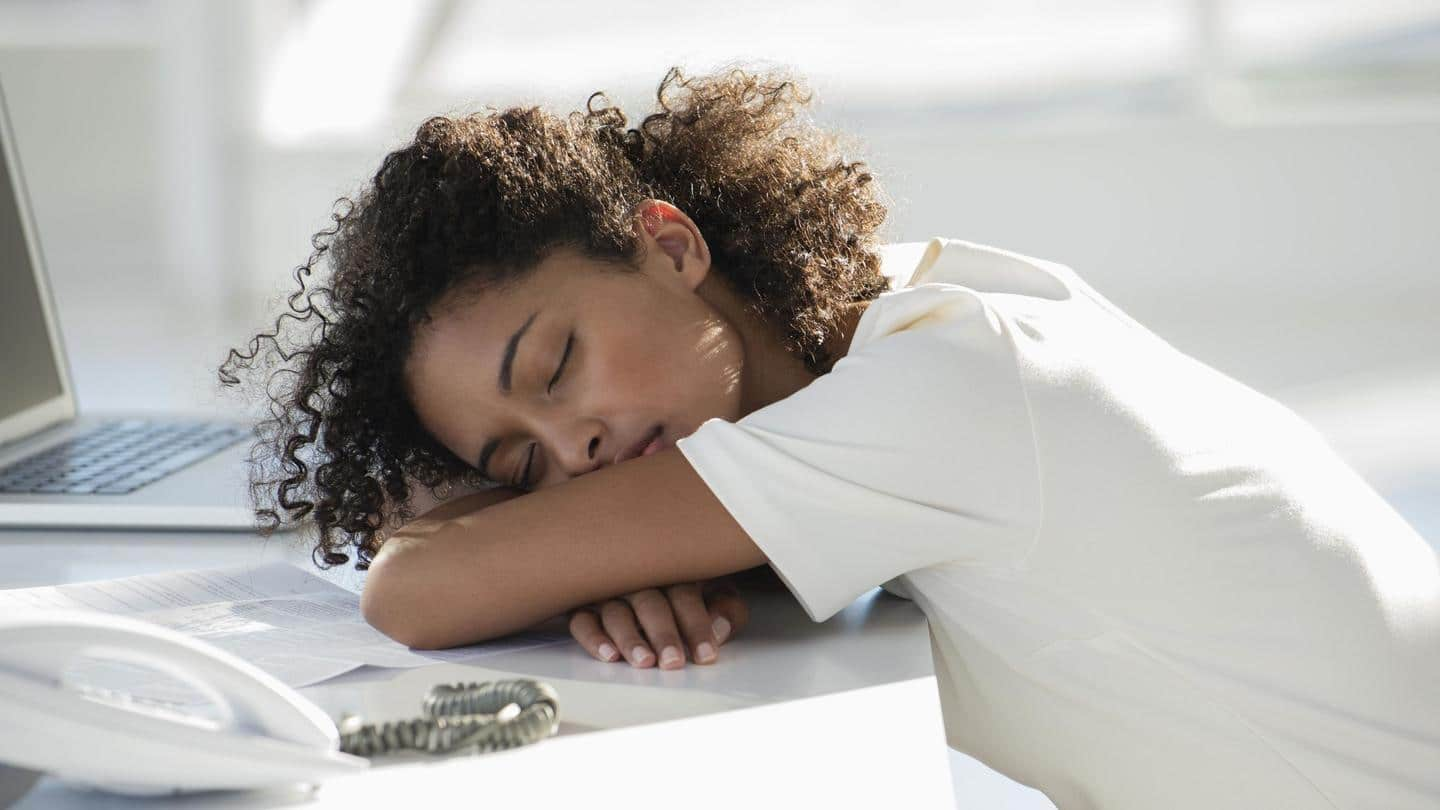
Power naps: Reasons why your siesta is good for you
What's the story
Afternoon naps are a habit most of us want to outgrow simply because our work culture does not allow us this privilege.
But did you know that firms Google, Uber, and even NASA have moved past it and are now offering their employees napping hours and required facilities? Surprised?
Read on to find out why napping can in fact help you with productivity.
Alertness
Helps in relieving sleep deprivation and improves alertness
Naps during the day are a great way to treat sleep deprivation.
Early morning commutes to the office and long work hours are just two of the many reasons why a person may be sleep deprived.
Napping for about 20 minutes every afternoon can be an effective solution to help with tiredness and lack of alertness that are the result of sleep deprivation.
Decision
Doze off for minimum 20 mins, make better work-related decisions
Several studies prove that napping for more than 20 minutes during the day boosts memory and enhances creativity.
Getting Rapid Eye Movement or REM sleep, usually 60 to 90 minutes of napping, every day is also shown to play a key role in solving creative problems.
Studies also suggest that longer naps can help with making better work-related decisions, memorizing vocabulary, recalling directions, etc.
Tips
Tips to make the most of your afternoon nap
Sticking to the same nap time will help the body to automatically adapt to the timings.
Sleep in a dark, quiet room to avoid interruptions during your siesta.
Set your cell phone alarm to not overdo the naps.
Also, the effect of caffeine stays in your body for longer than you think. So, limit your post-breakfast coffee intake as it can disrupt your afternoon sleep.
Insomnia
Napping isn't for you if you experience insomnia
While napping helps with productivity in most adults, it can be counterproductive in persons who have disturbed sleep at night or those who experience insomnia.
So while napping can be beneficial for most adults, if you face either of the above two conditions, it is best to skip the siesta.
Also, longer napping hours can cause sleep inertia (grogginess) and crankiness in some people.